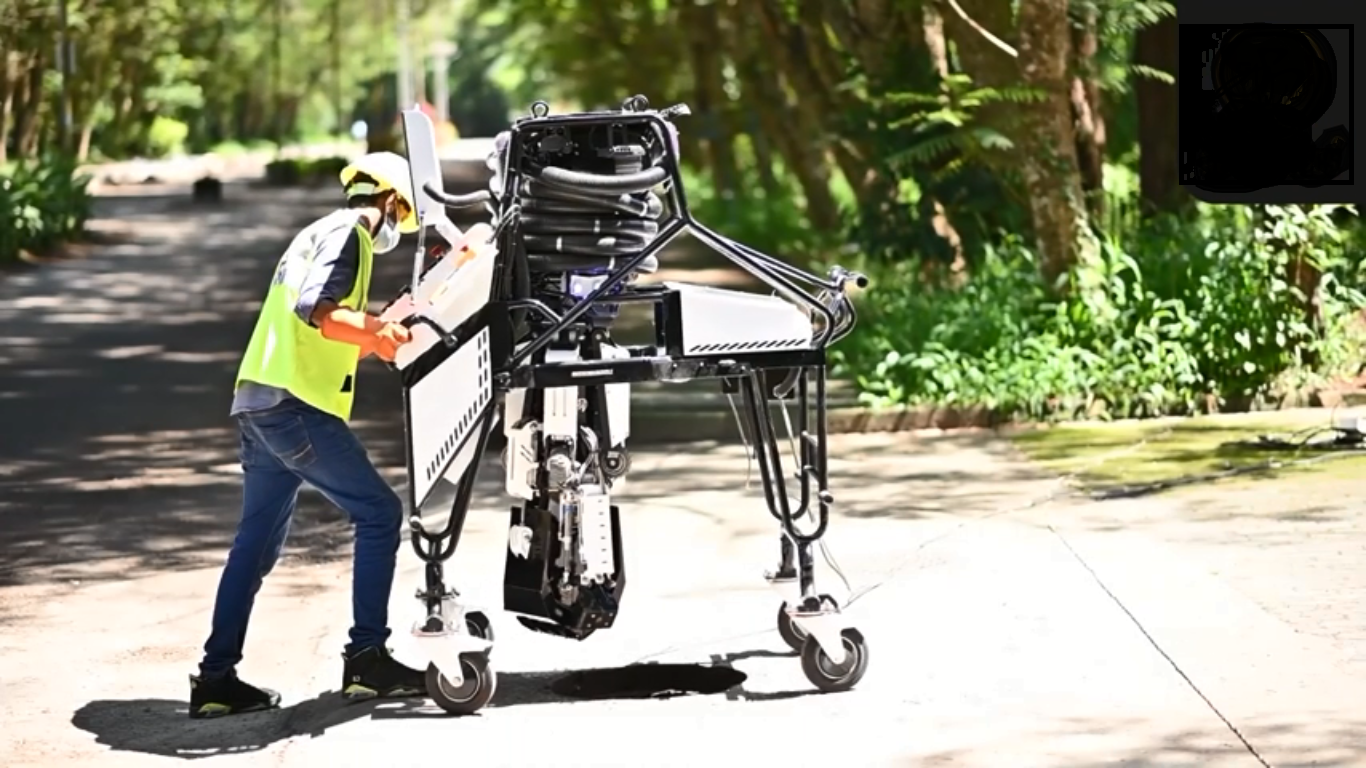Genrobotics aims to deploy over one lakh Bandicoot robots across the country and expand its product portfolio to the healthcare sector.
Zoho Corp., the Chennai-headquartered global technology company, announced today that it has invested ₹20 crores in Genrobotics, an Indian startup building robotics and AI-powered solutions for social issues such as hazardous working conditions. Zoho’s investment will assist Genrobotics in its mission to eradicate manual scavenging in India and provide safety and dignity to workers in the sanitation and oil and gas industries. This investment reflects Zoho’s mission to nurture the development of a deep-tech ecosystem in the country.
Genrobotics’ primary offering is the Bandicoot robot, the world’s first robotic scavenger, which helps clean confined spaces such as sewers manholes, sewer wells, stormwater manholes, and oily water sewers (OWS) and stormwater sewers (SWS) in refineries. Currently, smart cities, Urban Local Bodies (ULBs), refineries, multinational companies, townships and housing colonies across 14 states are leveraging Bandicoot robots, thereby eliminating the need for human entry into manholes. Genrobotics has recently ventured into healthcare and launched a robot-assisted gait training solution—G Gaiter—to aid the recovery of people with paraplegia through improved rehabilitation experiences. Genrobotics products, part of the Make in India initiative, are completely designed and manufactured in the country.
“Nurturing a thriving deep-tech ecosystem in India is one of Zoho’s priorities, and the investment in Genrobotics is a continuation of that commitment,” said Sridhar Vembu, CEO and co-founder of Zoho Corp. “Building such technological competencies and critical know-how locally can help foster sustainable growth across key sectors, like industrial manufacturing, healthcare, and energy, in turn making the country economically stronger and self-reliant. Making this a reality requires focused, long-term investments that support home-grown deep-tech startups through intensive R&D and engineering phases, and enable them to bring their ideas to the market. Looking at how far they have come already in this journey, Genrobotics’ vision resonates with us at Zoho and we are happy to fast-track their efforts and support them in their mission to end manual scavenging.”
“We believe in the power of robotics and AI for building a better and safer world for the future generation,” said Vimal Govind MK, CEO and co-founder of Genrobotics. “Bandicoot, which combines the use of human intelligence and Artificial Intelligence, is transforming the sanitation and oil and gas industries by offering a viable alternative to the dangerous practice of manual cleaning. Meanwhile, through our #MissionRobohole, which aims to turn manholes into roboholes, we have rehabilitated hundreds of people who were working as manual scavengers by training them to be robot operators.”
“In order to end manual scavenging in India, more than one lakh robots will be required,” Govind added. “As we scale to fill the need gap, we estimate the creation of nearly five-lakh jobs across the country. The investment from Zoho will help us to expand our advanced R&D infrastructure, build large-scale production facilities, hire more talent, increase our exports to ASEAN markets and expand our global footprints.”
Bandicoot: the world’s first robotic scavenger
Manual scavenging is a hazardous occupation due to unsanitary working conditions and safety risks, such as asphyxiation due to poisonous gas. Bandicoot, which was launched in the presence of Prime Minister Narendra Modi in 2018, provides a transformative solution that can put an end to this inhuman and archaic practice.
Bandicoot helps clean confined spaces such as sewers manholes and oil pits. The robots are designed to mimic human movements with the help of AI: they use their legs, various sensors and cameras to enter manholes, move around and gain stability in different terrains; the multipurpose robotic arm can perform actions such as shovelling, grabbing, picking and water-jet positioning necessary for various types of cleaning. It is equipped with a sensor to detect poisonous gases and specially-designed four-IP68 night vision cameras that provide visuals of the confined space through the user interface located safely above the manhole, enabling sanitation workers to do their jobs safely and efficiently.








